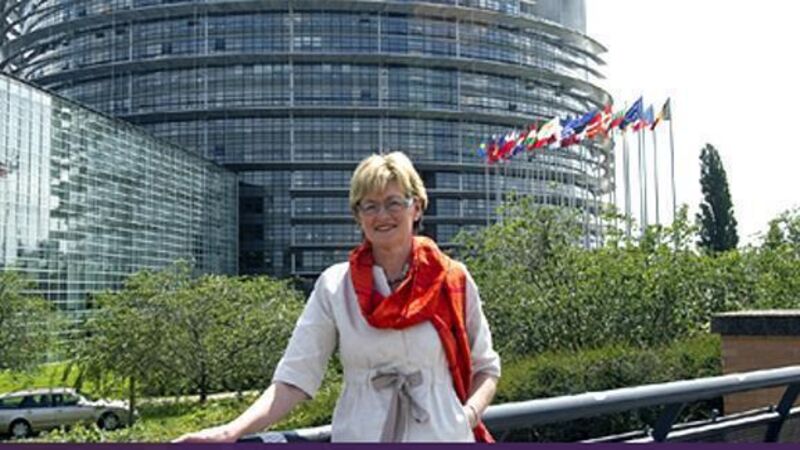EU opinion divided on weedkiller licence

The European Parliament yesterday called for glyphosate to be banned by 2022 due to fears its use in food production could be a cause of cancer in humans.
Activists yesterday handed the EU a petition signed by more than 1.3 million people supporting such a ban. Environmental group Greenpeace is among the strongest critics of weedkiller usage in European agriculture.










